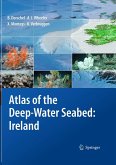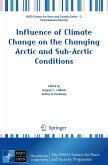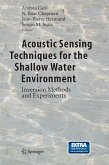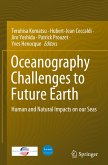Based on the material presented at a conference organized by the Centre d'Océanologie of Marseille, held in 2008, this text covers a wealth of hot topics related to the way mankind interacts with the marine environment. With the state of our oceans and seas becoming an increasing source of concern worldwide, this timely addition to the debate features the latest research in both France and Japan.
The book's chapters present work on many of the key areas of oceanographic study. The concept of marine biodiversity is treated, in particular how it is affected by human agency and invasive species, many of which have been introduced anthropogenically. Coastal zones are analyzed in detail, with a focus on the interaction between ports and natural environments, and the ecological and economical consequences of this relationship. A chapter on aquaculture looks at ecologically sound management as well as the preservation of resources. New and emerging technologies that aid our observation of the marine environment are covered, as is the physical, chemical, biological and biogeochemical functioning of natural and man-made environments.
Featuring work by some of the leading researchers in the field from both France and Japan, this work demonstrates the strength of the links between the two scientific communities, and is an important contribution to the ongoing discussion on the effects of global warming as well as mankind's impact on the marine environment we depend on for so much.
The book's chapters present work on many of the key areas of oceanographic study. The concept of marine biodiversity is treated, in particular how it is affected by human agency and invasive species, many of which have been introduced anthropogenically. Coastal zones are analyzed in detail, with a focus on the interaction between ports and natural environments, and the ecological and economical consequences of this relationship. A chapter on aquaculture looks at ecologically sound management as well as the preservation of resources. New and emerging technologies that aid our observation of the marine environment are covered, as is the physical, chemical, biological and biogeochemical functioning of natural and man-made environments.
Featuring work by some of the leading researchers in the field from both France and Japan, this work demonstrates the strength of the links between the two scientific communities, and is an important contribution to the ongoing discussion on the effects of global warming as well as mankind's impact on the marine environment we depend on for so much.







